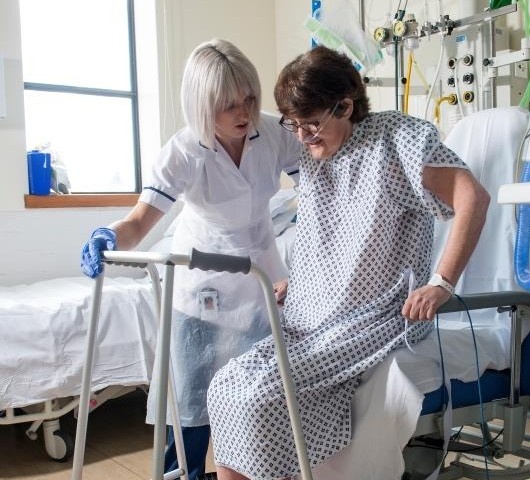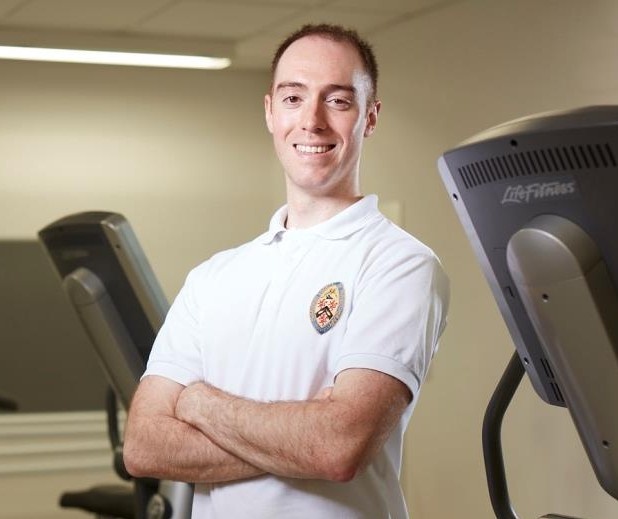Your Career
Physiotherapy helps to restore movement and function when someone is affected by injury, illness or disability. It can also help to reduce the risk of injury or illness in the future.
Physiotherapy
Physiotherapy can be helpful for people of all ages with a wide range of health conditions, including problems affecting the:
- bones, joints and soft tissue – such as back pain, neck pain, shoulder pain and sports injuries
- brain or nervous system – such as movement problems resulting from a stroke, multiple sclerosis (MS) or Parkinson's disease
- heart and circulation – such as rehabilitation after a heart attack
- lungs and breathing – such as chronic obstructive pulmonary disease (COPD) and cystic fibrosis

Physiotherapist
Physiotherapists work with people to help with a range of problems which affect movement using exercise, massage and other techniques.You'll help and treat people with physical problems caused by illness, injury, disability or ageing. You'll see human movement as central to the health and wellbeing of individuals so they aim to identify and maximise movement. As well as treating people, you promote good health and advise people on how to avoid injury.In the NHS, you may work in hospitals where you're needed in nearly every department. In intensive care, for example, you're needed for round-the-clock chest physiotherapy to keep unconscious patients breathing.More physiotherapy is also being delivered in the local community so you could be based in health centres and treat patients in their own homes, nursing homes, day centres or schools.Wherever you work, you can choose from a range of equipment to use with patients such as gyms, hydrotherapy and high-tech equipment for specialist therapy.You may work alone or in a team alongside health and/or social care professionals. Depending on where you work, this could include occupational therapists, GPs, health visitors, district nurses and social workers. You may supervise the work of support workers such as physiotherapy assistants.

Physiotherapy assistants/support workers
Physiotherapy assistants help patients to follow exercise and treatment programmes set out by registered physiotherapists.Working under the direction of a physiotherapist, your work as a physiotherapy assistant could involve setting up equipment, showing patients how to use mobility aids, helping patients prepare for treatment (including helping with dressing and undressing), working on exercises with patients and writing reports and updating patients’ records.Some physiotherapy assistants work in the local community. They could be based in health centres. Some treat patients in their own homes, nursing homes, day centres or schools. Others work in private clinics and voluntary organisations or charities.As well as working with physiotherapists, physiotherapy assistants work with other healthcare professionals including occupational therapists, orthopaedic surgeons, prosthetists, orthotists and nurses. They spend a lot of time with patients.

